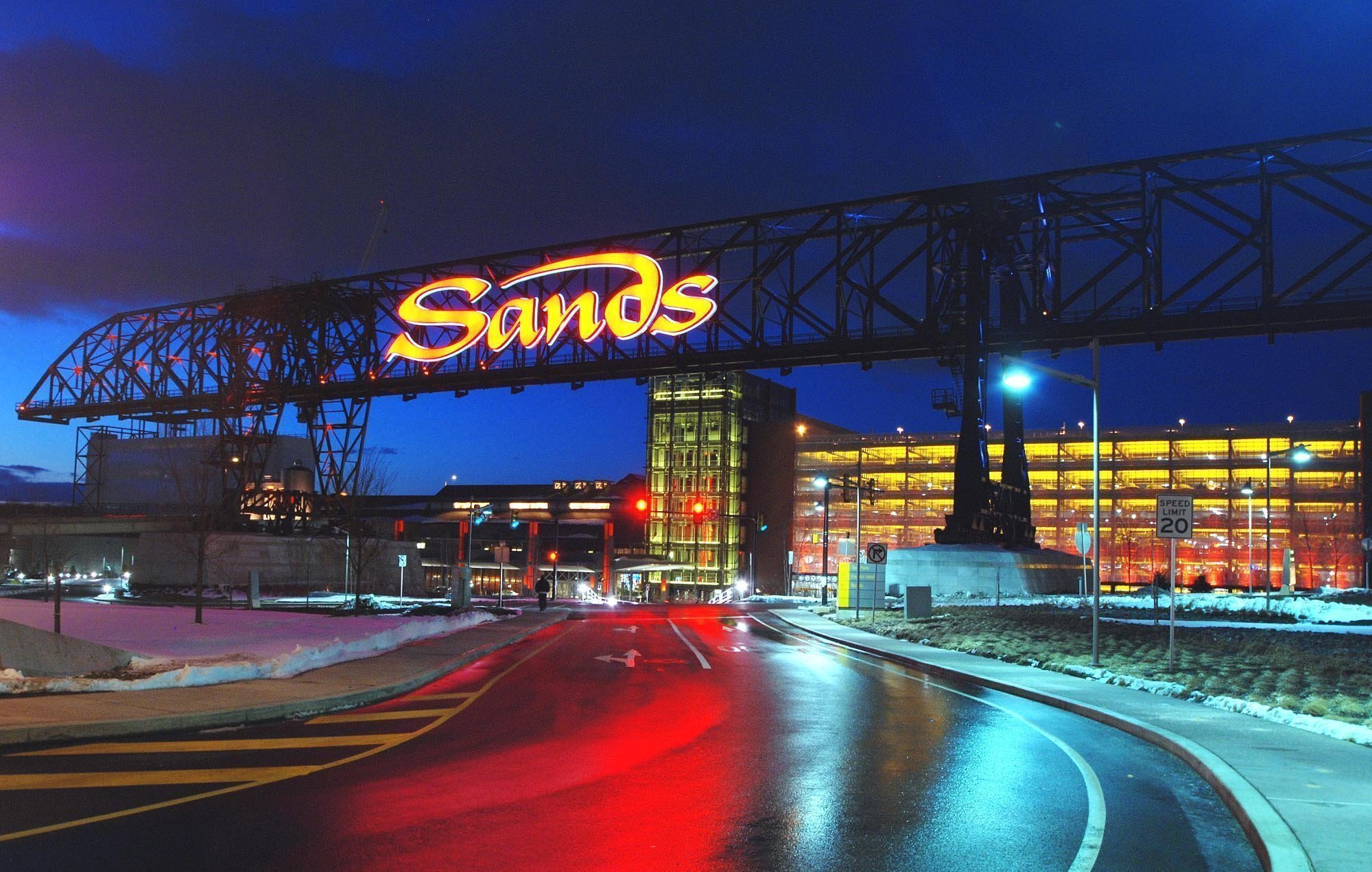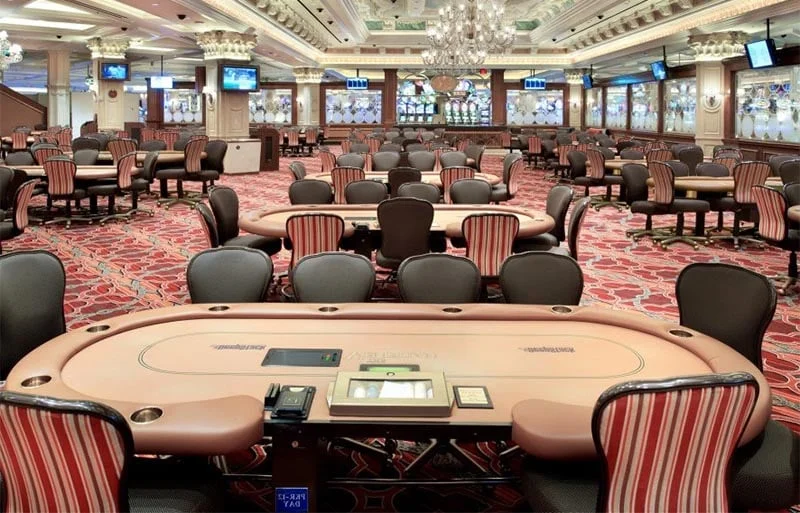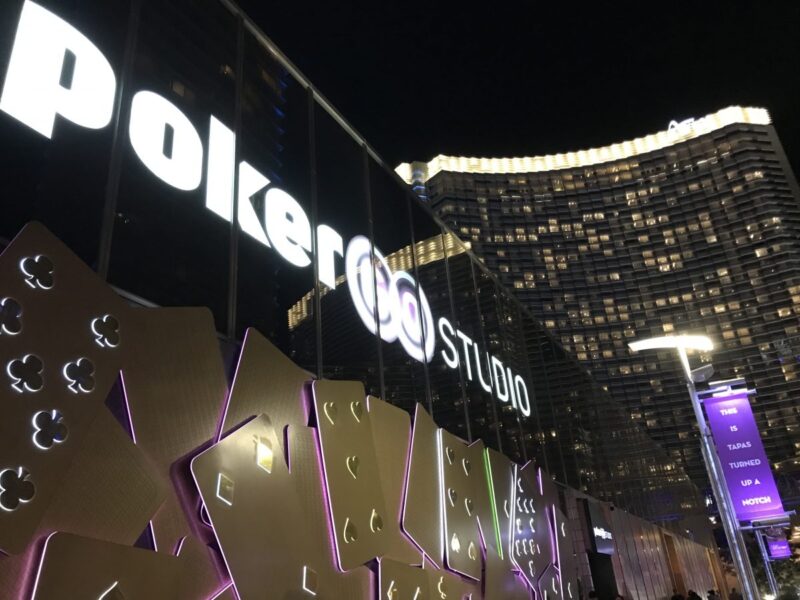Nine of the 13 casinos in Pennsylvania applied for online gambling licenses by a Monday deadline, according to a release by the Pennsylvania Gaming Control Board (PGCB).

Each of those casinos applied for a $10 million license that would allow for three types of interactive gambling: poker, slots, and table games.
High Tax Rates Don’t Dissuade Operators
The four casinos that failed to submit petitions for licenses aren’t necessarily shut out of the industry. Through August 14, those operators have the option of applying for licenses in each of those three interactive categories at a cost of $4 million each. Should licenses remain available after that point, other qualified gaming companies may be given the opportunity to apply.
Many of the potential licensees have expressed concerns about the high tax rates that have been imposed under Pennsylvania law for online gambling. These taxes mirror the rates at brick-and-mortar casinos in the state: 54 percent on slot machines, and 16 percent for poker and other games.
That’s higher – and in the case of slots, significantly higher – than the 15 percent tax on online gambling revenues in New Jersey. That has led to complaints from potential operators, though it hasn’t stopped them from applying for licenses.
“While we remaining disappointed with the state’s exorbitantly high tax rate, we have decided to proceed with the hope that we can continue to work to bring the tax in line with what other gaming jurisdictions around the world have instituted,” said Eric Schippers, spokesman for Penn National Gaming. “Simply put, we’ve chosen to have a seat at the table in which we can share with the state our results and continue to educate them on why a competitive tax rate is ultimately a win-win for the state and the operator.”
No Start Date for Online Poker in Pennsylvania
That’s not the only battle over interactive gaming in the state. Casino operators have argued that new online offerings from the state lottery too closely resemble games like slots that only the casinos are supposed to be able to offer. Operators have said that they could consider legal action over these games.
No firm starting date has been established for online gambling in the state, as PGCB still needs to complete the licensing process before anyone can start offering such games. However, it is expected that Pennsylvania will become the fourth state to allow online poker, joining Nevada, New Jersey, and Delaware in that sector.
Online gambling isn’t the only sector where high tax rates have given operators pause over whether or not they want to participate in Pennsylvania. The state legislature has allowed for sports betting, but required a $10 million licensing fee and set a tax rate of 36 percent on profits, about four times higher than the rate in neighboring New Jersey.
Such a high tax rate could make it difficult for a sportsbook to turn a profit or compete with illegal bookies. So far, no casinos in the state have applied for sports betting licenses.


